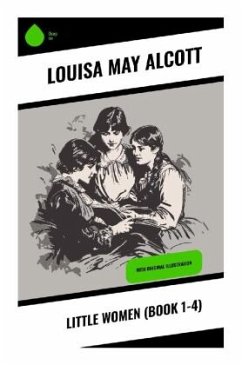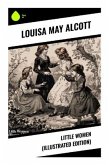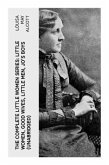In "Little Women," Louisa May Alcott intricately weaves the coming-of-age narratives of the four March sisters-Meg, Jo, Beth, and Amy-against the backdrop of the American Civil War. The book is notable for its rich character development, emotional depth, and exploration of women's roles in a changing society, all rendered through Alcott's keen observational style. The episodic structure allows for a detailed portrayal of domestic life and personal ambitions, highlighting themes of family, morality, and individual identity. Alcott's prose is both accessible and poignant, drawing from her own experiences to create an authentic representation of 19th-century girlhood. Louisa May Alcott, a prominent figure in American literature, drew heavily upon her own life as she crafted "Little Women." Raised in a progressive household with a strong feminist influence, Alcott's upbringing and her close-knit family relationships profoundly informed her writing. Her experiences as a governess, alongside her advocacy for women's rights, shaped the strong, independent characters that populate her works, making them resonate deeply with readers both in her time and today. "Little Women" is a timeless classic that transcends generational boundaries, making it essential reading for anyone who appreciates nuanced storytelling and rich character explorations. Whether you seek inspiration from the tenacity of the March sisters or wish to understand the societal constraints of their time, Alcott's masterpiece serves not only as a feminist narrative but also as a celebration of the bonds of sisterhood and the importance of personal growth.
Bitte wählen Sie Ihr Anliegen aus.
Rechnungen
Retourenschein anfordern
Bestellstatus
Storno








